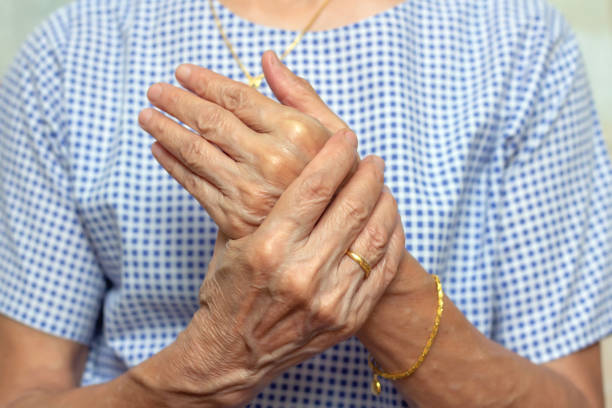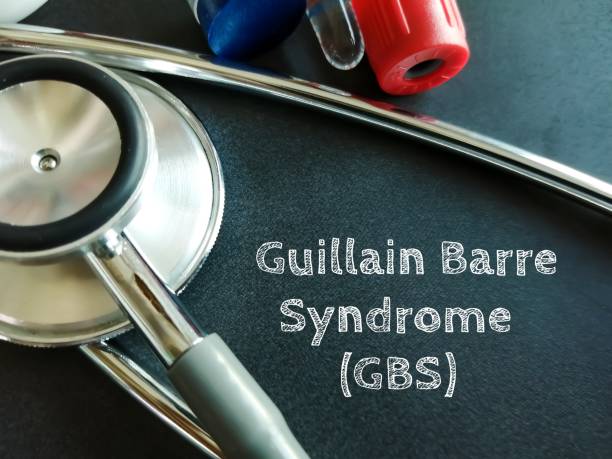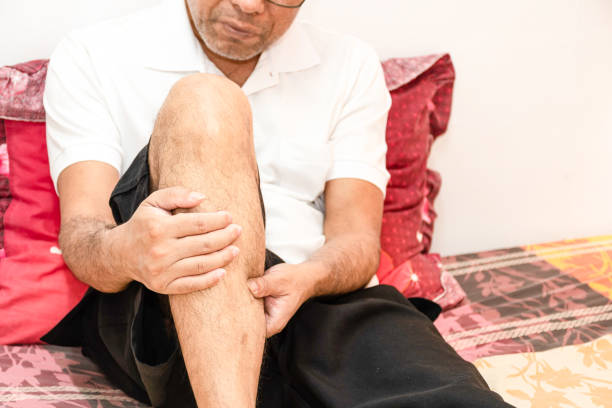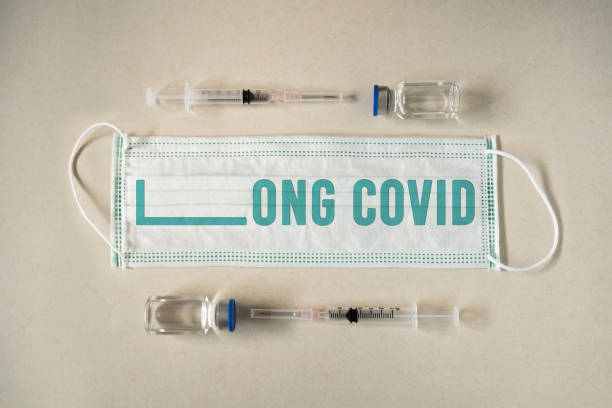The emergence of pockets of Guillain-Barré Syndrome (GBS) cases around the world and especially in India has triggered the panic button for many. This rare but serious neurological disorder can wreak havoc on the body and even lead to death if not treated quickly. Early recognition of GBS symptoms is crucial for timely medical intervention and improved outcomes. This article explores the early warning signs of GBS, helping individuals identify potential symptoms and seek medical attention as soon as possible.
Early GBS Symptoms to Watch For
GBS typically begins with mild sensations that progressively worsen over time. Many of these symptoms are easy to dismiss because they initially appear as more of an annoyance than as something to worry about. However, identifying these early symptoms can lead to prompt diagnosis and treatment, reducing the risk of severe complications.
1. Tingling and Weakness in the Extremities
One of the first GBS symptoms is a tingling or “pins and needles” sensation in the hands, feet, or toes. In some cases, this may be sporadic, slowly progressing to continuous tingling and neurological issues. This may be accompanied by muscle weakness, which often starts in the lower limbs and gradually spreads upward. So if you have a sudden onset of tingling in your limbs, accompanied with sudden fatigue or weakness, it’s good rule out GBS.
2. Loss of Reflexes and Coordination Issues
As GBS progresses, individuals may experience a noticeable decline in reflexes, making movements feel sluggish or uncoordinated. Simple tasks like walking, gripping objects, or standing up may become increasingly difficult. There is an increased risk of falls, especially if you’re older. It’s easy to dismiss coordination issues as part of ageing. This is perhaps a massive reason why many prolong meeting with a healthcare professional to address the issue.
3. Pain and Muscle Aches
Some people with GBS report deep, aching pain in their legs, back, or arms. This pain is often mistaken for muscle strain or other minor conditions but tends to worsen over time. Keep a watch on aches that crop up all of a sudden without a reason. While it’s normal to experience achy muscles after sudden exercise, any pains that crop up without a cause and that worsen with time should definitely be monitored.
Severe GBS Symptoms Requiring Immediate Medical Attention
If left untreated, GBS can lead to more severe complications. It is essential to seek immediate medical care if the following symptoms develop:
- Difficulty Breathing: Weakness in the chest muscles can lead to respiratory distress, requiring urgent intervention.
- Paralysis or Loss of Mobility: GBS can cause partial or complete paralysis, making early treatment critical.
- Irregular Heartbeat or Blood Pressure Fluctuations: Autonomic nerve involvement can lead to life-threatening cardiovascular issues.
In summary – it is extremely important to recognize early GBS symptoms as this can make a significant difference in managing the condition effectively. If you or someone you know experiences unusual tingling, muscle weakness, or coordination problems, seeking medical attention promptly can prevent complications and improve recovery outcomes. Early intervention is key to managing Guillain-Barré Syndrome successfully.
References
National Institute of Neurological Disorders and Stroke. (2023). Guillain-Barré syndrome fact sheet. https://www.ninds.nih.gov/GBS-factsheet
Centers for Disease Control and Prevention. (2023). Guillain-Barré syndrome and public health. https://www.cdc.gov/guillain-barre/index.html




